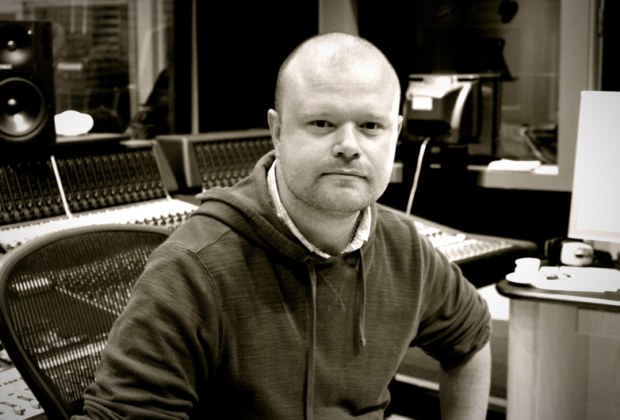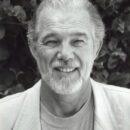What do you do when you’re tasked with composing the music for an iconic video game that you’re also a huge fan of? For composer Edward Patrick White, he had to overcome the intimidation but also had the advantage of familiarity when working on Gears Tactics, a prequel to the Gears of War game set 12 years before the original. “Some of the game’s past composers are titans of music and film,” White says. “On the other hand, having a real personal history with the game, I was already very familiar with it when we were listening to all the other music written and looking at cut scenes. It was like going to see an old friend.”
As such, White’s score was a self-proclaimed “love letter to fans” of Gears of War. “We haven’t strayed too far from what people know the game to be, and I drew on my own experience with it,” he says. “We analyzed all the material that came before, and you realize the story is heroic, but never so heroic you feel like you’ve won the day––you just won that battle. The musical material had to reflect that, whether the harmonies don’t quite work or the orchestration is unpleasant or uncomfortable. That’s how we make it authentic, and that’s how fans hopefully feel about it.”
White has spent the past two years creating the music for the game, crafting compositions that were both fresh and clearly referenced the original game. With many video games, the perspective is typically from behind the player; Gears Tactics has a top-down, birds-eye-view of the level, and is a turn-based strategy game, meaning players take turns. This gaming style offered unique challenges and opportunities for the musical language. “Because your players are probably going to do a bit of thinking and strategizing, our music has to be very interactive to underscore the cerebral activity of how you play your turn. And because you have an enemy taking a turn, they have their own music, as well as music for their interplay.”
White’s advice for composers taking on projects, whether they have a history or not, is simple: “Whether it’s a new or an existing franchise, you always have to find whatever fragment within the project is going to be personal to you.”














